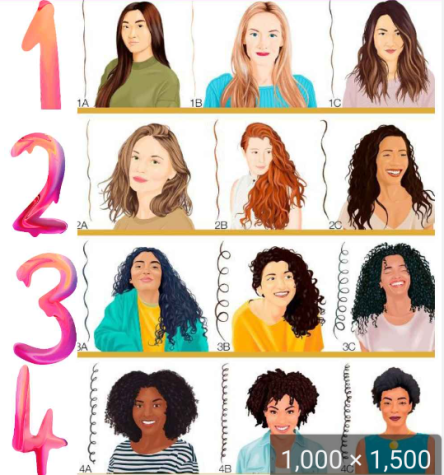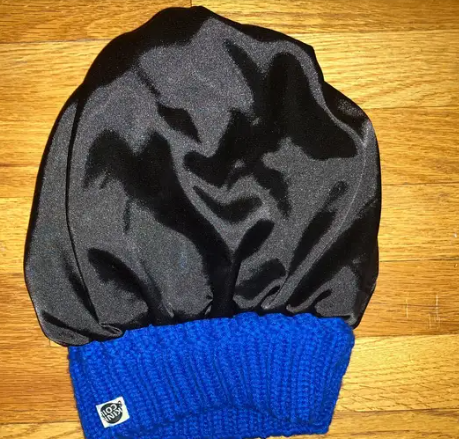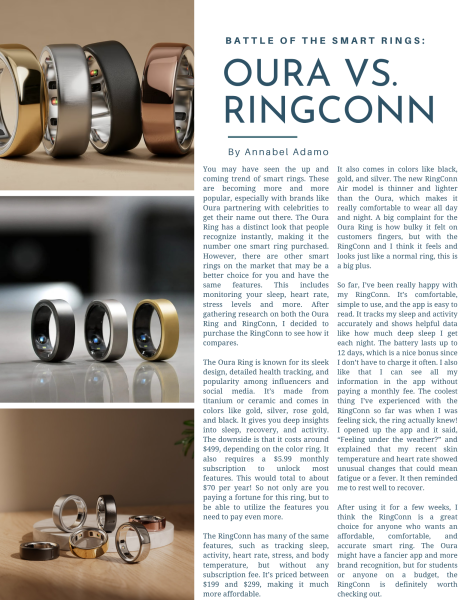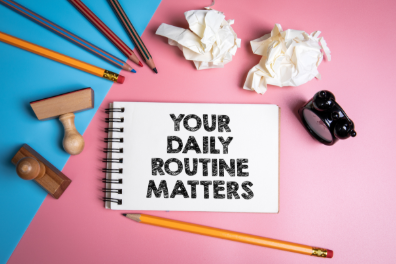Caring for Curly Hair

Most hair care articles and products focus on a few useful, but generic tips that often only apply to people with straight hair. However, naturally curly hair requires different treatments to be properly maintained.
Curl Type:
 One important piece of managing your curly hair is knowing your curl type. Different hair types require different kinds of care, so it’s important to understand the differences. A basic curl chart is divided into 4 columns labeled Type 1, Type 2, Type 3, and Type 4, and 3 columns labeled A, B, and C. The hair types get curlier as they increase, meaning Type 1 is straight hair while Type 4 is coily. The lettered sections represent the “tightness” of the curl pattern, so someone with an A type would have loose curls while someone with a C type would have tight or kinky curls.
One important piece of managing your curly hair is knowing your curl type. Different hair types require different kinds of care, so it’s important to understand the differences. A basic curl chart is divided into 4 columns labeled Type 1, Type 2, Type 3, and Type 4, and 3 columns labeled A, B, and C. The hair types get curlier as they increase, meaning Type 1 is straight hair while Type 4 is coily. The lettered sections represent the “tightness” of the curl pattern, so someone with an A type would have loose curls while someone with a C type would have tight or kinky curls.
Products:
.jpg) There are hundreds of hair products on the market for different hair types, problems, or needs. However, there are significantly fewer products that cater to the needs of people with curly hair, and those that are available cost significantly more than their counterparts. To find the products that work for you, use some trial and error while also researching products that fit your specific needs. And although curly hair products are more effective, it is possible to create the same effects by combining or mix-and-matching different hair products that may be targeted towards straight hair or are simply cheaper.
There are hundreds of hair products on the market for different hair types, problems, or needs. However, there are significantly fewer products that cater to the needs of people with curly hair, and those that are available cost significantly more than their counterparts. To find the products that work for you, use some trial and error while also researching products that fit your specific needs. And although curly hair products are more effective, it is possible to create the same effects by combining or mix-and-matching different hair products that may be targeted towards straight hair or are simply cheaper.
Protection:
 Curly hair becomes damaged more easily than straighter hair types, so it is important to find ways to protect your hair. There are many permanent protective styles you can choose from, but they are varied depending on your exact curl type and often require a lot of work. You may want to consider using some temporary protection, such as wearing silk/satin hats or other types of hair wraps to prevent weather damage. It is also useful to switch to a satin pillowcase to prevent knotting or frizzing during sleep, as well as wearing braids or hair wraps before bed.
Curly hair becomes damaged more easily than straighter hair types, so it is important to find ways to protect your hair. There are many permanent protective styles you can choose from, but they are varied depending on your exact curl type and often require a lot of work. You may want to consider using some temporary protection, such as wearing silk/satin hats or other types of hair wraps to prevent weather damage. It is also useful to switch to a satin pillowcase to prevent knotting or frizzing during sleep, as well as wearing braids or hair wraps before bed.
Caring for your natural hair is important; learning to love your natural hair is an important step in learning to love yourself. So use taking care of your hair as a step in taking care of yourself.






